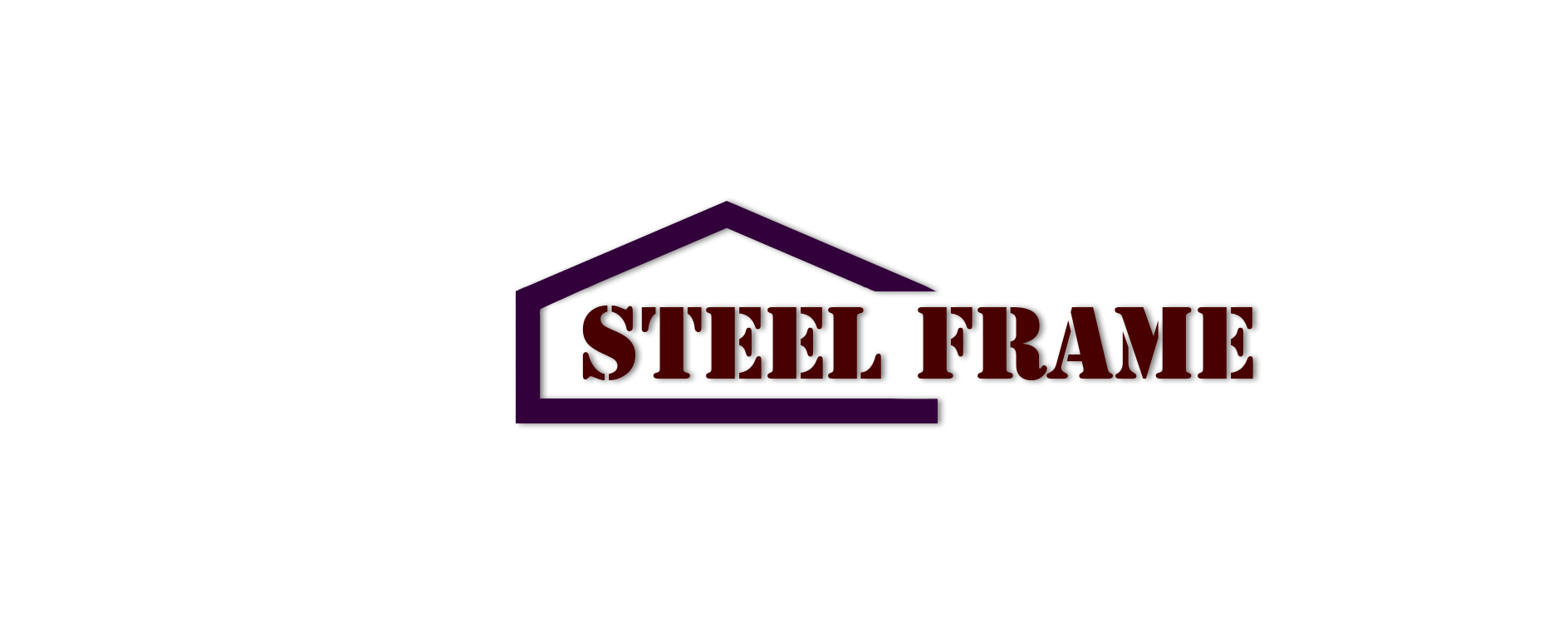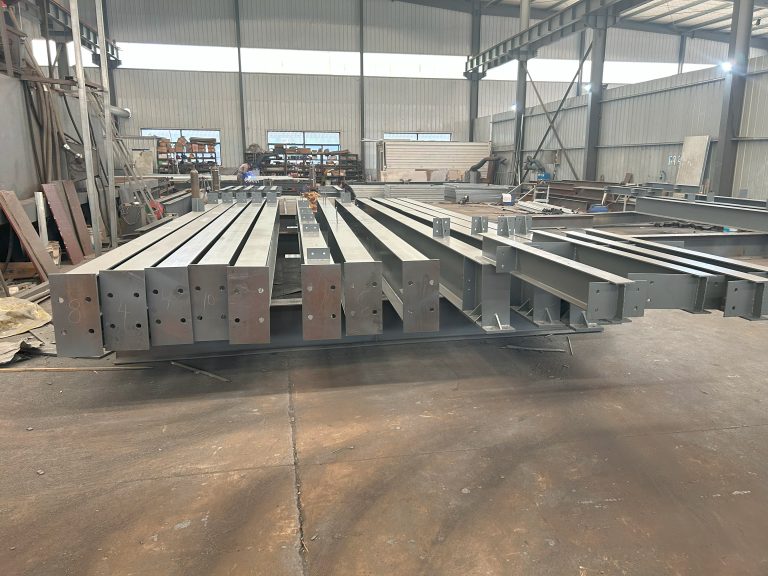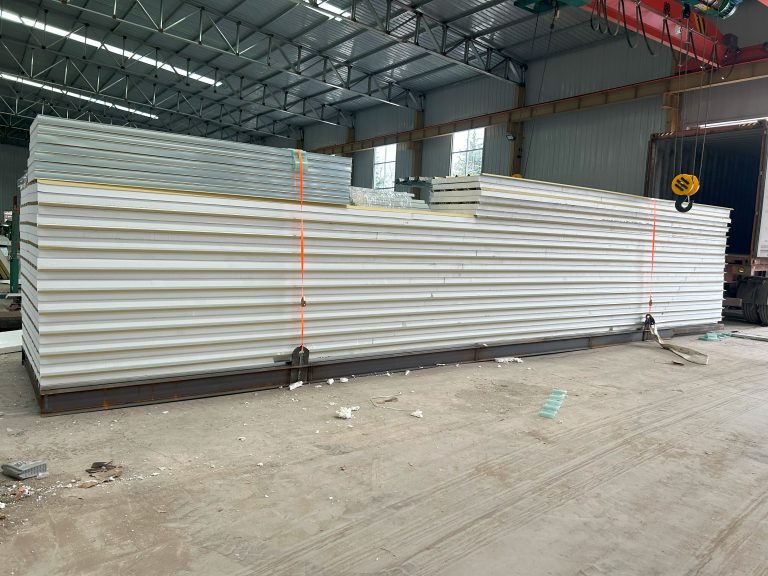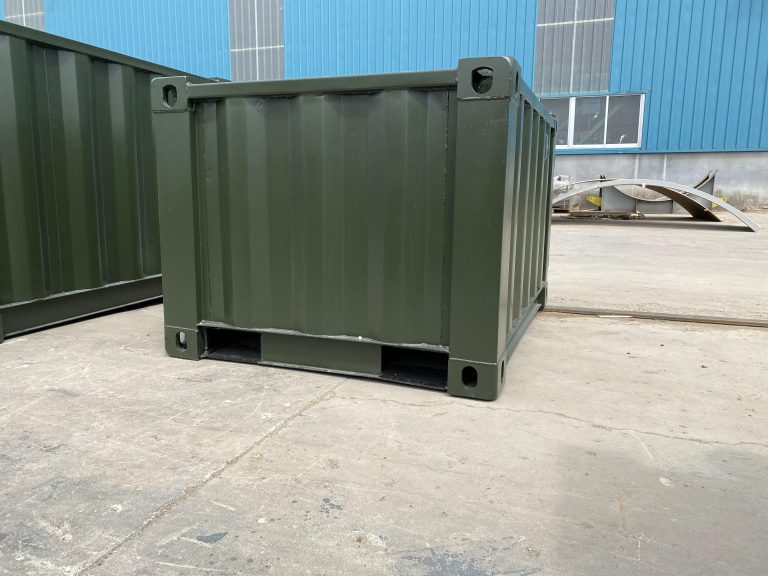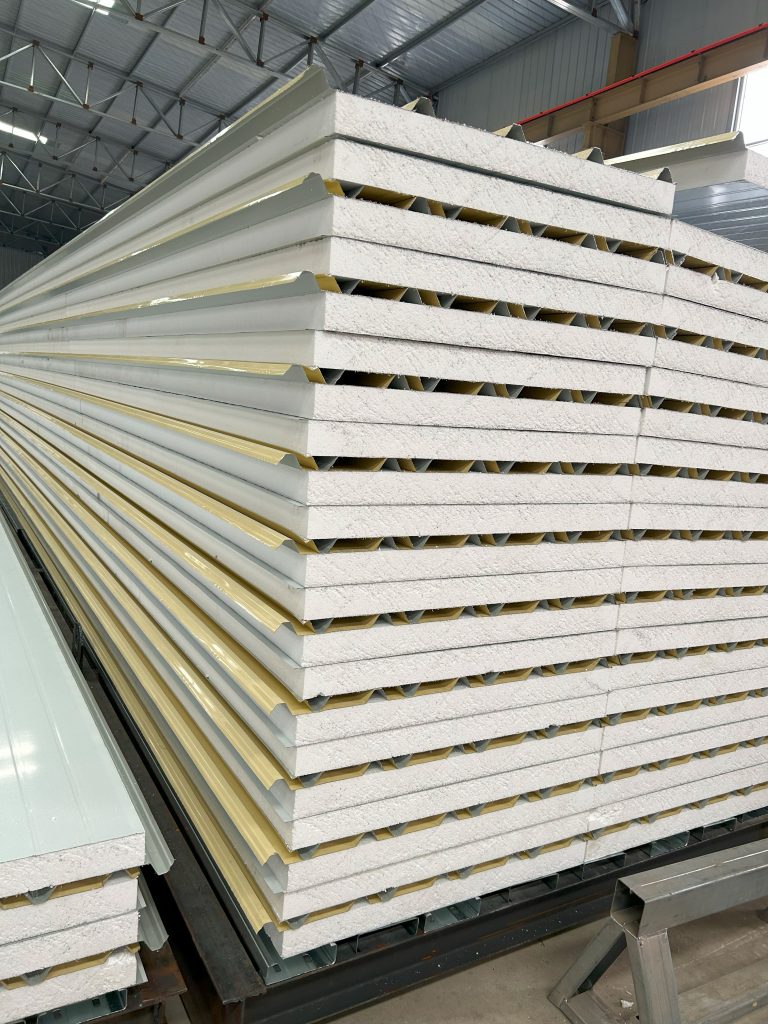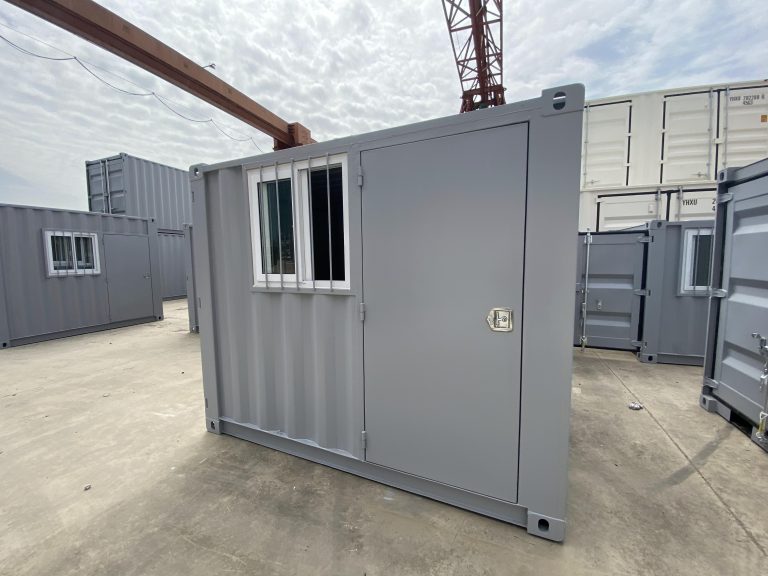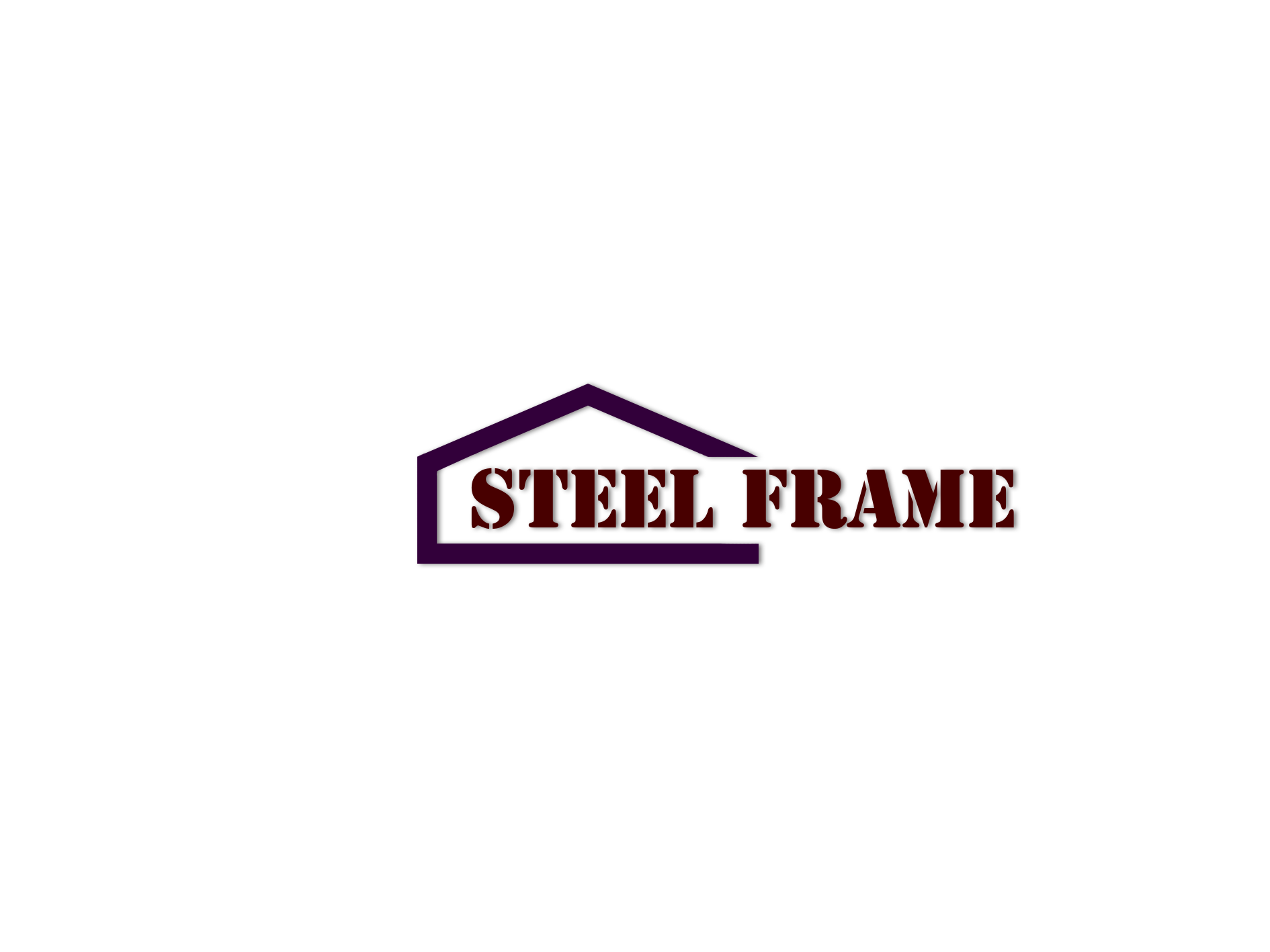Application and economic benefit analysis of steel structure in commercial complex construction
Inhoudsopgave
Application of Steel Structure in Commercial Complex Construction
Steel structures have become increasingly popular in the construction of commercial complexes due to their numerous advantages. From high strength and durability to cost-effectiveness and sustainability, steel structures offer a wide range of benefits that make them an ideal choice for modern commercial buildings.
One of the key advantages of using steel structures in commercial complex construction is their high strength-to-weight ratio. Steel is one of the strongest building materials available, allowing for the construction of large, open spaces without the need for additional support columns or walls. This not only provides architects with greater design flexibility but also creates a more visually appealing and functional space for tenants and visitors.
In addition to their strength, steel structures are also highly durable and resistant to environmental factors such as corrosion, fire, and pests. This makes them a long-lasting and low-maintenance option for commercial buildings, reducing the need for costly repairs and replacements over time. Furthermore, steel structures can be easily modified or expanded to accommodate changing needs, making them a flexible and adaptable choice for commercial developers.
Another significant advantage of steel structures is their cost-effectiveness. While the initial cost of steel may be higher than other building materials, such as wood or concrete, the long-term savings associated with steel structures can outweigh this initial investment. Steel buildings are energy-efficient, reducing heating and cooling costs, and can be constructed quickly, saving time and labor expenses. Additionally, steel structures have a longer lifespan than traditional building materials, further reducing maintenance and replacement costs over time.
From an economic perspective, the use of steel structures in commercial complex construction can have a positive impact on the overall project budget. Steel is a readily available and recyclable material, reducing construction waste and environmental impact. This can lead to lower construction costs and faster project completion, ultimately increasing the return on investment for developers and investors.
Furthermore, the use of steel structures in commercial complex construction can also have a positive impact on the local economy. Steel fabrication and construction companies provide jobs and stimulate economic growth in the communities where they operate. Additionally, the durability and longevity of steel structures can attract tenants and businesses to commercial complexes, boosting local commerce and creating a vibrant and sustainable urban environment.
In conclusion, the application of steel structures in commercial complex construction offers a wide range of benefits, from high strength and durability to cost-effectiveness and sustainability. By choosing steel as the primary building material for commercial projects, developers can create modern, efficient, and visually appealing spaces that meet the needs of tenants and visitors while also providing long-term economic benefits. As the construction industry continues to evolve, steel structures are likely to play an increasingly important role in shaping the future of commercial building design and development.
Economic Benefit Analysis of Steel Structure in Commercial Complex Construction
Steel structures have become increasingly popular in the construction of commercial complexes due to their numerous advantages over traditional building materials. In this article, we will explore the application and economic benefits of using steel structures in commercial complex construction.
One of the key advantages of steel structures is their strength and durability. Steel is a highly durable material that can withstand extreme weather conditions and natural disasters such as earthquakes and hurricanes. This makes steel structures a safe and reliable choice for commercial complexes, providing peace of mind to both developers and tenants.
In addition to their strength, steel structures are also highly versatile. Steel can be easily molded and shaped into various designs, allowing for greater flexibility in architectural design. This flexibility allows developers to create unique and innovative commercial complexes that stand out in a competitive market.
Furthermore, steel structures are quick and easy to assemble, reducing construction time and costs. The prefabricated nature of steel components allows for faster construction compared to traditional building materials, saving developers both time and money. This efficiency is particularly beneficial in commercial complex construction, where delays can result in significant financial losses.
Another economic benefit of using steel structures in commercial complex construction is their low maintenance requirements. Steel is a low-maintenance material that does not require frequent repairs or replacements, reducing long-term maintenance costs for developers. This cost-saving advantage makes steel structures a cost-effective choice for commercial complexes, allowing developers to allocate resources to other aspects of the project.
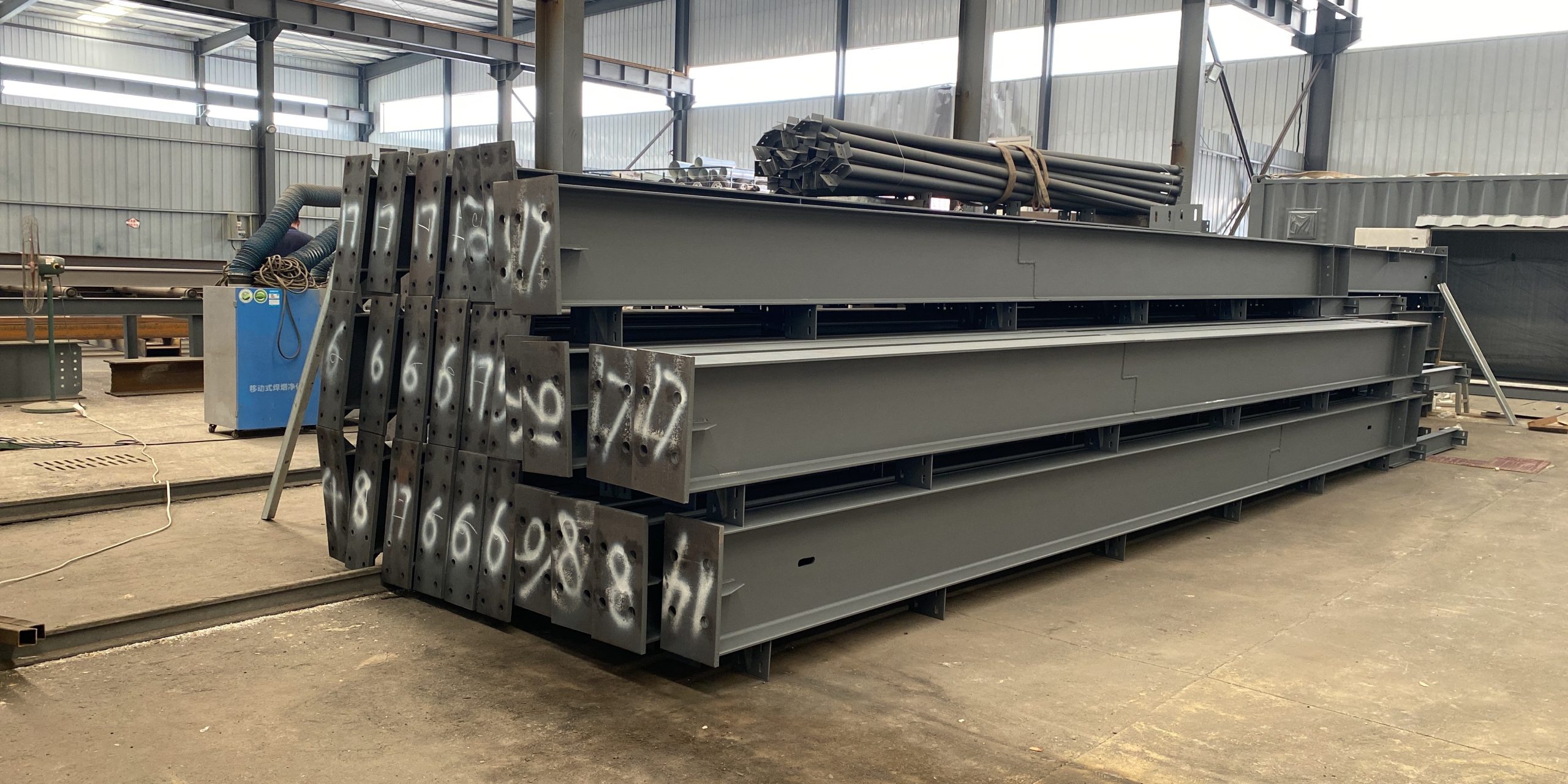
Moreover, steel structures are environmentally friendly. Steel is a recyclable material that can be reused multiple times without losing its strength or durability. This sustainability factor is increasingly important in today’s construction industry, where environmental concerns are at the forefront of decision-making. By choosing steel structures, developers can reduce their carbon footprint and contribute to a more sustainable future.
In terms of economic analysis, the cost-effectiveness of steel structures in commercial complex construction is evident. While the initial cost of steel may be higher than traditional building materials, the long-term savings in maintenance and construction time outweigh the upfront investment. Additionally, the versatility and durability of steel structures ensure a higher return on investment for developers, as commercial complexes built with steel are more attractive to tenants and investors.
Overall, the application of steel structures in commercial complex construction offers numerous economic benefits for developers. From cost savings to sustainability, steel structures provide a competitive advantage in the construction industry. As the demand for innovative and efficient commercial complexes continues to grow, steel structures will play a crucial role in meeting these needs. Developers who embrace steel structures in their projects will not only reap the economic benefits but also contribute to a more sustainable and resilient built environment.
